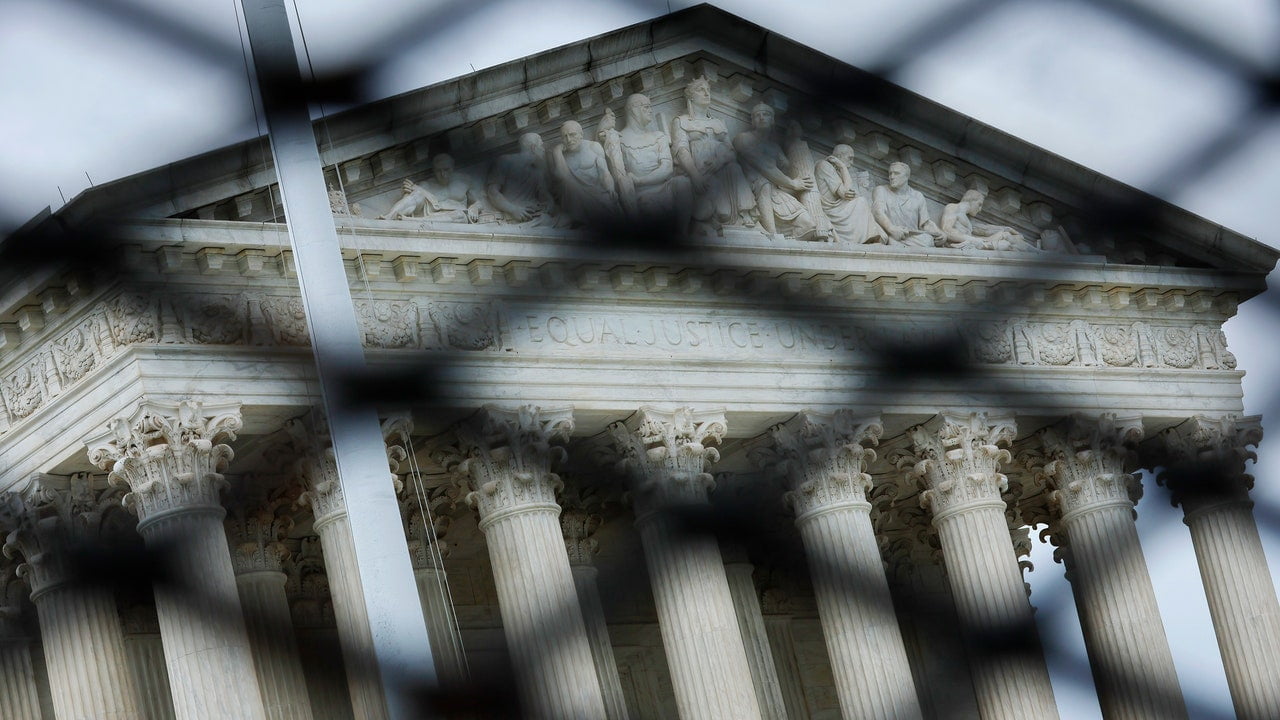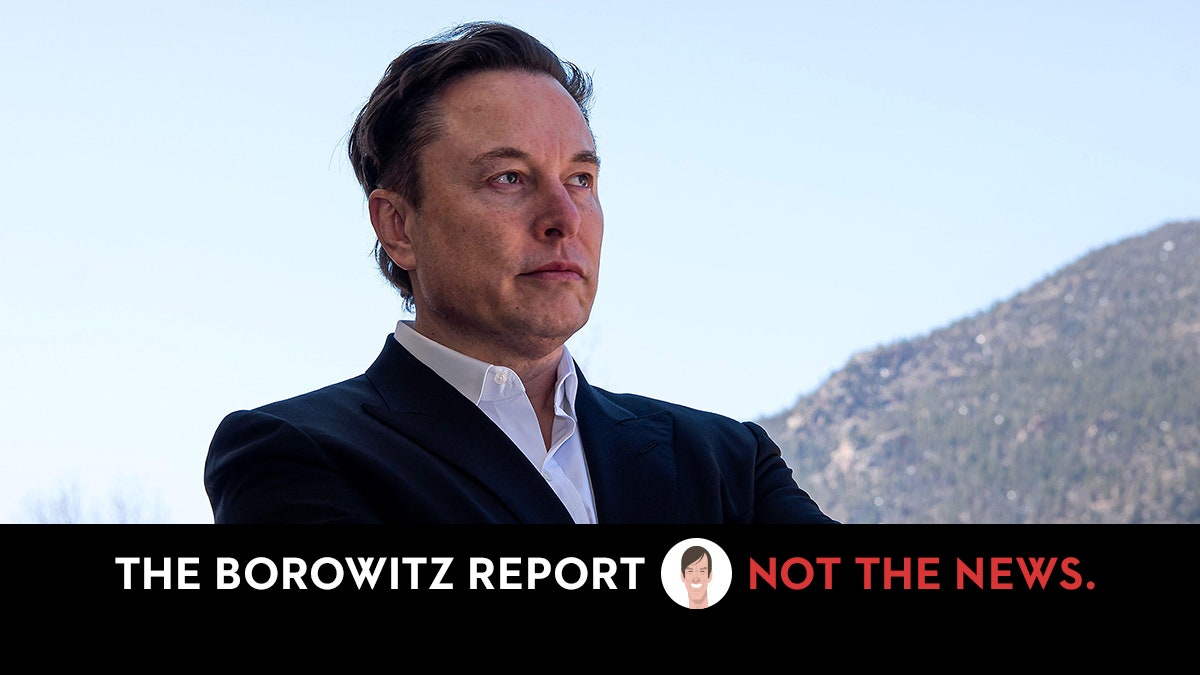What’s Going On with Samuel Alito?

How many people and organizations can Justice Samuel Alito accuse of having bad will or dishonest motives in a short dissent—fewer than nine hundred words—to a Supreme Court order granting a stay? Let’s try to count.
As a preface, the case involves a lawsuit brought by the Alliance for Hippocratic Medicine, an advocacy group whose members vow, “in the presence of the Almighty,” that they “will not help a woman obtain an abortion.” The A.H.M. is attempting to block access to mifepristone, or RU-486, a drug used in medication abortions, in a suit against the Food and Drug Administration, which was joined in the case by a manufacturer of the drug, Danco Laboratories. The F.D.A. approved the drug, in 2000, and expanded access to it in 2016 (permitting its use until the tenth week of pregnancy, rather than the seventh, and reducing the required number of clinic visits from three to one), in 2019 (approving a generic version), and in 2021 (making it available by mail)—changes based on ample evidence of the drug’s safety.
A federal judge in Texas, Matthew Kacsmaryk, issued an injunction this month that would pull the drug from the market, undoing its original approval and all that followed; the reasoning for the ruling seemed to be contorted to conform to his own opposition to abortion rights. The Court of Appeals for the Fifth Circuit stayed the part of the injunction that applied to the initial approval, but not to the developments since 2016—a ruling that would still have limited access sharply. The F.D.A. and Danco appealed to the Supreme Court, and got a stay of Kacsmaryk’s full injunction, thus keeping mifepristone on the market—at least until the case makes its way through the lower courts. The vote was 7–2, with only Alito and Justice Clarence Thomas objecting, and no one but Alito appending an explanation. My colleagues Sue Halpern and Jeannie Suk Gersen have more on the case (and Lauren Collins has a long look at the drug’s history). I’ll concentrate here on Alito’s catalogue of resentments.
It begins in the first paragraph, with his anger about—actually, it’s not clear what it’s about. He notes that several of his colleagues have complained that the Court has, with increasing frequency, made what are effectively substantive rulings via what’s known as its “shadow docket”—orders on cases that have not been fully argued before it—and that the Justices often do so without explaining their reasoning. (Examples include the upholding of an Alabama state redistricting map and the striking down of various environmental and COVID-19 regulations.) To judge from his tone, Alito seems to experience doubts about the practice as a form of persecution. Justice Elena Kagan, he says, “lambasted” the Court; Justice Sonia Sotomayor “condemned” it; Justice Amy Coney Barrett was going around “warning” that the Court was acting “on a short fuse.” (Those Justices are not all aligned ideologically; it may or may not be relevant that they are all women.)
“I did not agree with these criticisms at the time,” Alito writes. So does he agree now? No, not really; he apparently just wants to point a finger and say, I wrote something this time and you didn’t, I’m the victim and everybody else is a hypocrite. He’s wrong about that. While the expansion of the shadow docket is a problem, the stay that the Court granted in this case is pretty straightforward: it does what a stay is supposed to do, by keeping the status quo from being upended while the lower courts are doing their work. But Alito can’t seem to let a chance to smirk—even at his own colleagues—pass by. It’s a quite telling use of his position on the bench.
And yet that opening, petty as it is, is in some ways the most coherent part of the opinion. He doesn’t see why the F.D.A. and Danco need a stay when, without it, they would just be stuck where they were between 2000 and 2016, “under three Presidential administrations.” Again, the changes since 2016 have been significant. Perhaps those seven years seem like less than the blink of an eye to a man who, as the author of the Dobbs opinion, was willing to act as if the progress of women in almost half a century of American history—ten Presidential Administrations—didn’t matter in overturning Roe v. Wade. The F.D.A. and Danco, in his view, are not “entitled” to a stay, because “they have not shown that they are likely to suffer irreparable harm.”
This is puzzling, particularly in the case of Danco, which would, at the very least, have to pull products from the market and relabel them to reflect the pre-2016 restrictions, and turn away customers. And the F.D.A. has to contend with a contradictory ruling from a federal judge in Washington State, who has enjoined the agency not to deny access to mifepristone. That ruling suggests that there may be a split among judicial circuits, which is just one element of Judge Kacsmaryk’s order that could lead to what the government warned would be regulatory “chaos.” (Another involves the generic version, which would be put in limbo.) But Alito says that he doesn’t really see a problem, and that “even if there is a conflict, that should not be given any weight.”
Why not? On closer examination, what Alito is actually saying is that any harm that the parties suffer will be their own fault. A stay, he says, is an “equitable remedy,” and one “should not be given if the moving party has not acted equitably, and that is the situation here.” That put-down is followed by a mini-screed about the F.D.A. having somehow exploited other court rulings in the past, and not appealing the Washington ruling, which is the one he thinks that they should appeal. What he is saying is that the F.D.A is a bad actor—so no stay for it.
What about Danco, though? Alito concedes only that its marketing of the drug could not proceed unless it went through a series of “regulatory steps.” He then dismisses even those hurdles, on the truly extraordinary ground that he believes the F.D.A. will allow the company to go ahead and ignore the rules—and Danco would be willing to do so—even in defiance of the judgment of the courts: “the Government has not dispelled legitimate doubts that it would even obey an unfavorable order in these cases, much less that it would choose to take enforcement actions to which it has strong objections.” In other words, Alito sees the F.D.A. as a lawless rogue agency, and thus Danco, a company it regulates, does not deserve the protection of the law or of the Court. This is illogical—if the F.D.A. really is a bunch of bandits, shouldn’t the Court be especially attentive to those at its mercy?—and ideological. It’s also a casual smearing of parties that have come before the Supreme Court.










